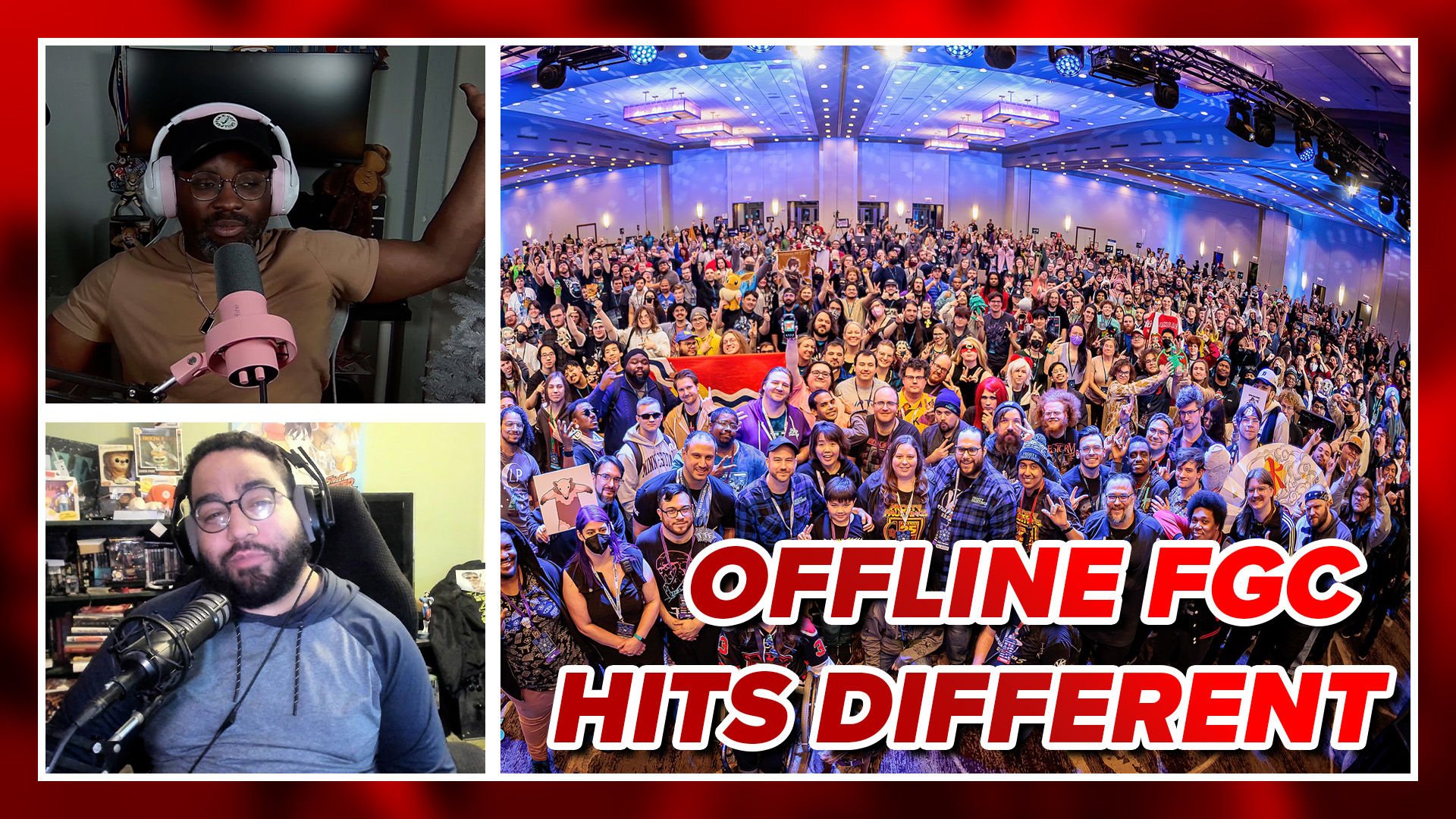
No, I don’t want to preorder anything. No, I don’t need a fifteen dollar discount card and some digital magazine subscription. No, I don’t need a warranty. No, I still don’t need the warranty. I don’t think you’re understanding me, because I still don’t need the warranty. No, I’m not interested in your specials on a used copy of a brand new game that’s only five dollars cheaper. No, I don’t have anything to trade in because you’ll offer me less than a tenth of what I paid for it if I’m lucky. No, no, no, no, NO!
Gamestop, we need to talk.
In Atlantic Canada, all we’d had for specific game stores before Electronics Boutique (Which became EB Games, then Gamestop) was a shop called Microplay. It was a neat video game store, and I can’t speak for anyone else’s experience, but they were all staffed by dicks. I went in one day and saw two games on the shelf that I was interested in: Times of Lore and Crystalis. Now, I should have bought Crystalis, but instead I bought Times of Lore like an idiot. If you’re asking why I made this decision, I’d already played through Crystalis and didn’t see any reason to want to play through it again. I wasn’t allowed to look at the game all that much because the cranky old jerk running the store thought I was wasting his time, so I bought the game without being allowed a peek at it. As I turned the corner after examining my purchase, I realized that I had made an awful mistake. Was I allowed to do an exchange on my unopened game that I had bought literally five minutes before? Nope.

Another time, I wanted to buy Resident Evil: Survivor. Now, I know for a fact that the game’s not very good, but I have a soft spot for bad games and Resident Evil, so it was literally a must-buy for me when it was $10. The man at the counter wouldn’t even sell it to me, saying that it was a bad game and he was doing me a favor. When I told him I knew it was bad and that I was buying it because of that, he would not budge. Nothing would make this man sell me the game I’d come in for. I can’t even describe what that kind of anger feels like, but suffice it to say that I didn’t much darken Microplay’s doors ever again.
This was mainly because Electronics Boutique had finally opened some shops in Canada. Maybe I’m thinking of these guys with nostalgia clouding my thoughts, but this shop was just amazing. The games were lined up so I could actually look at the cases before I made a purchase, the staff seemed to know what they were doing and weren’t complete morons, I got decent trade-in value for my games (A dude on staff gave me thirty real world dollars for my Quest 64), and I felt like they were going out of their way to give me a solid deal on whatever I wanted to buy. It didn’t hurt that you got sweet preorder gifts on the spot just for saying you wanted to buy something, as you didn’t actually have to put money down on your preorders at this point. It was a wonderful time, and many of the treasures I found in that store still sit proudly in my collection.
Now, I barely go through your doors, Gamestop. There was a time when I wouldn’t even consider entering another shop to buy games, but now, you’re just about last on my list unless I’m looking for something the generic shops don’t have. I dread the idea of buying something from you because of the interrogation I know is coming, and the degree to which the staff have to fight with me over my refusal to buy any of the stupid add-ons. It used to be a question or two that I could just shrug off, but now the staff seem to have been forced to push and push and push until I either give in and buy a card or just decide never to return. I haven’t been pushed out the door completely by this new aggression I’m seeing in my local stores, but it’s getting pretty close.

I’m not surprised that we’ve reached this point, as I worked for the company as an assistant manager a few years ago and left due to the aggressive policies that were being put into effect. ‘Don’t take no for an answer’ had become the mantra around the workplace, and was supposed to be first and foremost in everyone’s mind once we were making a sale. Sure, we’d been expected to hit goals on preorders, used sales, and warranties before, but all of a sudden many of these goals shot through the roof, with corporate management sending threatening notes claiming we would be fired if we were not capable of making these sales. I came to the company to sell video games, not warranties, so I walked away and never looked back.
I was hoping that you would see the huge issues with what was happening at some point, Gamestop, but I believe I’m giving the highest level corporate management far too much credit. I’m sure they see that times are changing and that digital distribution will likely leave them in ruins within a few years, but the conclusions they draw from that eventuality are far different from my own. To them, the solution is to wring as much money out of as many customers as they can while the getting’s good, absconding with the wealth once things finally go belly-up. It’s the kind of short-term thinking we’ve seen a lot of in the Triple A game industry, and it’s an attitude that has been biting everyone. Studios are closing, most game sales are in the toilet save for a few popular franchises, and people like me, people who dump thousands of dollars a year on games, are taking their money elsewhere. Not everyone is aware how hard they’re being screwed these days, but a lot of us are.
Your executives have chosen to ream customers with as many useless add-ons as possible in order to make a few extra bucks every time. The warranty system is a joke, demanding that staff ask for a warranty on a game no matter what it goes for. Two dollar game? You need to get a three dollar warranty on it, and you’d better ask two to three times to make absolutely sure the customer doesn’t want it. Not buying used? Better ask them if they want the discount card, preferably with the used (Sorry, they’re called recycled games now. How adorable.) version of the game that’s only five dollars cheaper but is missing all of the online and digital content you’d get from the new one and does nothing to support the developers. Sell them as much nothing as you can, and for the love of God, don’t you dare take no for an answer. If you don’t sell enough nothing during each shift, you’ll lose your job!

Your policies aren’t just driving me out the door with the constant badgering, but also staff. There has been a noticeable increase in pushiness from staff these days, and the typical refusals just aren’t working any more. They poke and prod, trying to whittle the customers down with each new question, and you can tell just from the looks on most of their faces that this makes them miserable too. The forced smiles are much more obvious than they ever were, telling me that many jobs are hanging in the balance. Your corporate management had already been threatening staff before I left, so I can only imagine what the threats are doing to them now. Many of these people have careers with the company, so what can they do when their livelihood is threatened besides do what their bosses tell them to?
Not everyone has to take it though. As I said, I left the company because I was sick of them, and I doubt I’ll be the only to leave over this new, more forceful sales approach. People who sign up to work for Gamestop don’t do so because they want to sell cards and warranties – they want to sell games. Many of those same people, especially the ones working part-time jobs there, can get infinitely less-stressful jobs elsewhere. What does that mean for you, Gamestop? This means that much of the quality staff – the ones who know games and know what they’re talking about – will leave. This takes a lot of the experience and quality away from the store, leaving the robotic dregs who just do what they’re told whether it’s a good idea or not. As for the ones who stick around for the good aspects of the job that they love, they might just lose their jobs because they can’t push enough warranties or cards out the door. One staff member’s knowledge and friendly demeanor may keep ninety percent of the store’s customers coming through the doors, but unless they can sell cards and warranties, as far as Gamestop’s concerned, you’re useless.
What kind of environment is it to work in where you’re constantly afraid that the whims of the public will cost you your job, Gamestop? This was the real clincher for me, as I was fully at the mercy of whoever was shopping at the store. If they’re adamant about not getting a warranty, and many people are because of how useless it is to someone who takes any kind of care of their games, they’re not going to get one. If I get a lot of those people during a day, then I get chewed out that night for not meeting my quota. My work ethic was being graded based on something that I really couldn’t control beyond browbeating my customers into doing what I wanted, and that’s not something I wanted to take for long. If you say “That’s life in the sales industry,” then my reply is that I’m done with the sales industry.
There’s yet another side to this too, and that’s employees downright ignoring customers to avoid screwing up their stats. Given an expectation to sell a discount card based on a certain amount of sales, what’s to stop employees from dodging further transactions after reaching their goals? If they sell a card earlier in the day, but are getting close to reaching an amount of sales that would require selling another card, an employee could be tempted to avoid sales and ignore customers in hopes that they just leave or go to another staff member. It infuses a certain dread in the employees for sales amounts, and reaches a point where the customer is an enemy to be overcome instead of someone to help with a purchase. They actively want to avoid making sales because, as far as the stats look on paper, keeping those low while keeping card and warranty sales looks good. Corporate management don’t see all the people who go out the door unhappy, as all they see is that the employee is selling the approved amount of cards and warranties.
None of this is counting the employees the company is just plain going to fire for not reaching their stats. The people who stick around and bite the bullet because they love their customers and are passionate about selling games might just not be able to cut it with the demand to sell all of these things that aren’t games. The people who really keep the company afloat, the ones who fight to keep customers coming in the doors to buy video games, are on the chopping block because the job isn’t about that any more. It’s not about pleasing customers and selling them games, it’s about foisting as much crap on them as possible and then shoving them out the door. The entire focus of Gamestop is on fleecing people before the ship sinks – their increasingly-aggressive policies on stats above all else make that message crystal clear.
I don’t know if you can be saved any more, Gamestop, or if you’re even worth saving. Short of a complete overhaul of your focus and corporate management, I don’t see things turning around for you. By forcing all of your quality staff elsewhere or by firing them, by constantly badgering customers with a bombardment of money-wasting add-ons, and by ignoring the importance of the digital future, you’re heading for the same place as Blockbuster and all of the other dinosaurs of the business world. The future of games is changing, and you seems hell-bent on just getting as much money as you can. You’re a far cry from the company that stood out by being staffed by people who loved games and who wanted to share that love with others. Maybe that’s a rose-tinted view that just can’t exist in the business world, but it’s that view that got me to first enter your doors, and it’s the lack of that view that will one day have me walk out of them for the last time.





